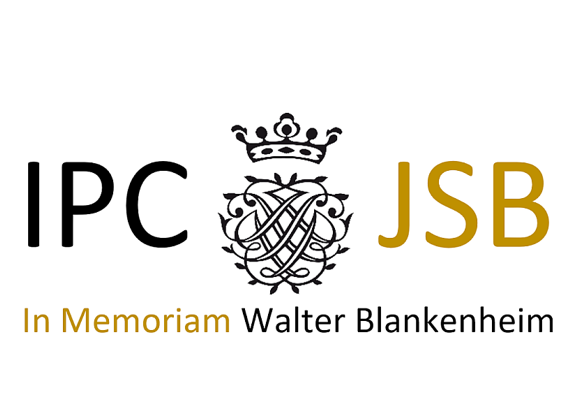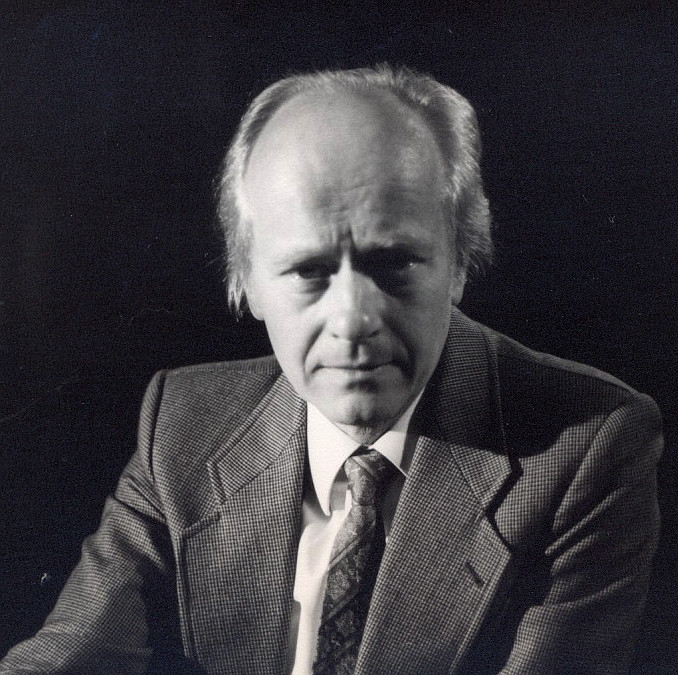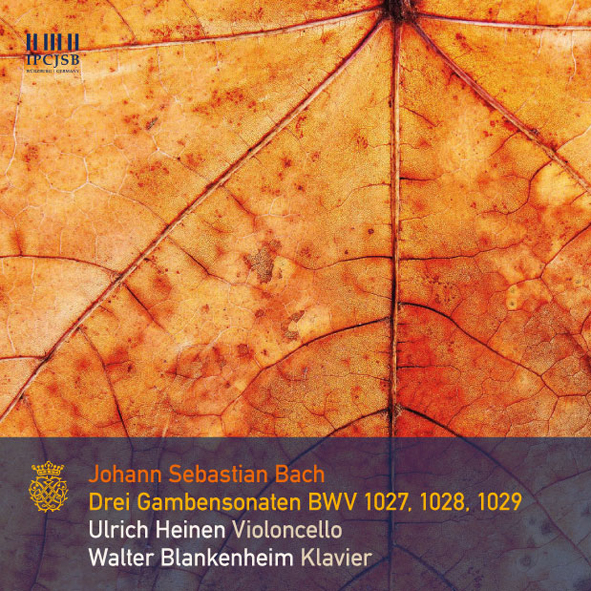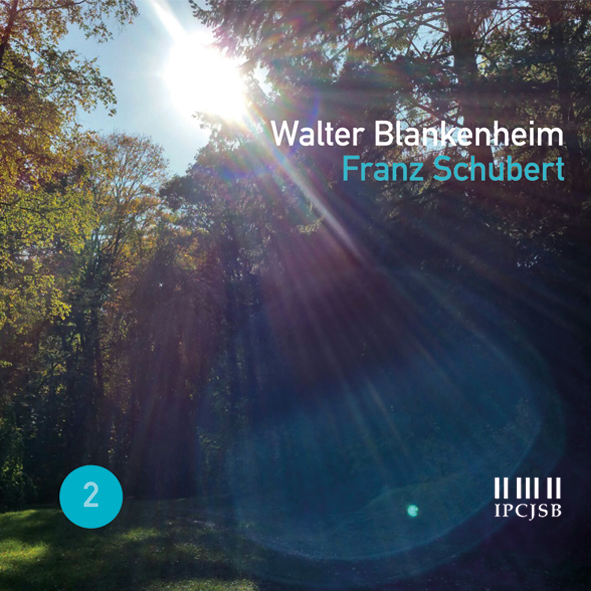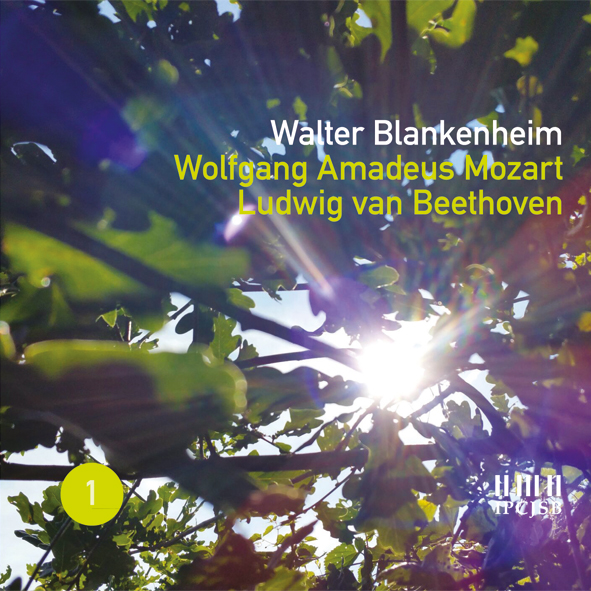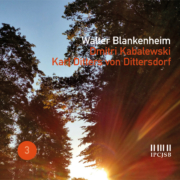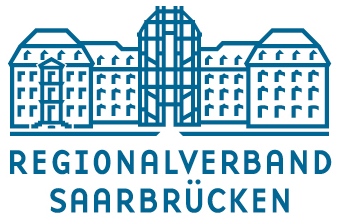Walter Blankenheim
30 August 1926 (Eisenberg/Pfalz) – 11 March 2007 (Saarbrücken)
Walter Blankenheim was a German pianist and teacher. He studied at the Musikhochschule (conservatorium of music) Stuttgart (1946–1954) with Jürgen Uhde and Vladimir Horbowski and later in Paris with Marguerite Long. Further studies included courses with Geza Anda and Wilhelm Kempff.
He won prizes in a number of competitions, including: Vercelli 1952 (2nd Prize), München – ARD 1952 and 1953 (Diplomas), Paris 1953 (Diploma), Casella 1954 (1st Prize).
He was renowned for his interpretations of W. A. Mozart und J. S. Bach, and he toured extensively as a recitalist and concerto soloist for over 50 years, performing in West Europe, Russia, the near and far East, United States and Latin America. He recorded works from the Baroque to the 20th Century with different radio stations, such as Saarland Radio (Saarländischer Rundfunk, Southwest Broadcasting) in Germany. Recently, some of his recordings (such as the 1996 recording of the Six Partitas BWV 825–830) are being re-released (December 1996; Sound engineer: Markus Brändle).
Walter Blankenheim had an active teaching career, being a professor of piano at the Hochschule für Musik Saar (Conservatorium of Music in Saarbrücken) 1963 – 1992, while his masterclasses on Bach interpretation took him to a number of countries. He was also frequently invited to be on the jury of piano competitions.
Well known in his time for his interpretations of the music of W. A. Mozart and J. S. Bach, and his pedagogical activity (in particular his courses devoted to Bach Interpretation), he is now remembered as the founder of the International Piano Competition J. S. Bach, (Saarbrücken, Würzburg in Germany) now kwon as the International Piano Competition J. S. Bach in Memoriam Walter Blankenheim. The co-founder of this Competition is Inge Rosar, a former student and colleague of Walter. The competition was founded in1990 and took place in Saarbrücken (1992 – 2004), and then in Würzburg (2007 – 2019), both cities are in Germany. During the 2021/22 Covid crisis, the Competition took place online.Since then, the competition has taken place every three years and, with 852 registered pianists from a total of 60 countries for a total of 11 competitions, is considered the largest Bach Piano competition in the world, and the only International Bach Competition in which the repertoire consists of only of original works by J. S. Bach.
His contribution to Bach interpretation was the development of a system of interpreting Bach’s keyboard works on the modern piano, processing the neutral Urtext of the works in order to help the performer understand and convey parameters such as tempo, structure, articulation, ornaments, dynamics as well as the architecture of the work, portraying a “living structure” and a balance between “energy and relaxation”. Walter Blankenheim wrote an essay exploring these ideas, titled: Problems and Opportunities in the interpretation of J. S. Bach’s keyboard works on the modern piano.
He also composed cadenzas to the Piano Concertos of W. A. Mozart.
